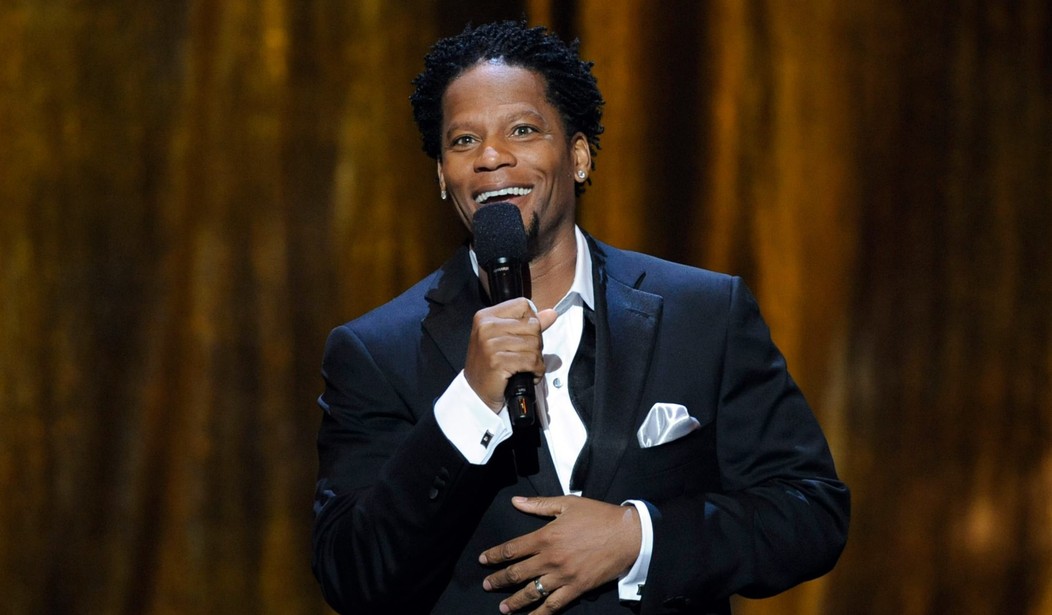Taylor Stebbins is a transgendered public school student who is terrified at the prospect of the Kansas Legislature passing the Student Physical Privacy Act.
Under the legislation, Kansas school districts could be sued for as much as $2,500 every time a transgendered student is spotted in a public school bathroom that doesn’t match his or her gender assigned at birth.
That means Stebbins would have to use the men’s restroom, even though she considers herself to be a woman.
“I already have to deal with so much and I attack my own self on a daily basis that I don’t need that extra violence, and if legislators want to protect anyone it’s trans students that need to be protected,” Stebbins told WIBW-TV in Manhattan, Kansas.
Sen. Mary Pilcher-Cook (R) told reporters that she favors the legislation for privacy and public safety reasons. She said it is only natural that children and young adults would not want someone of the opposite sex to walk in while they are using the restroom.
“I think any child or young adult has a right to have their privacy protected when they’re in various stages of undress,” she told the Lexington Herald-Leader.
The Student Physical Privacy Act, in the form of companion House and Senate bills, SB 513 and HB 2737, was introduced in the state’s legislature a week before Gov. Sam Brownback (R) signed Senate Bill 175, which has been described by LGBT-rights advocates as the most discriminatory in the nation’s history.
It might make perfect sense to Sen. Pilcher-Cook, but the Student Physical Privacy Act has been derisively described as “spot a penis, win a prize” by a left-wing website, winningdemocrats.com.
Even though the word “transgendered” is not included in the legislation, there can be little doubt as to which group it is targeting.
The legislation states: “‘Sex’ means the physical condition of being male or female, which is determined by a person’s chromosomes, and is identified at birth by a person’s anatomy.”
Detractors also complain school districts and universities could be sued for much more than $2,500. If, for instance, five students saw the same transgendered student at the same time, the school could face a lawsuit totaling $12,500.
In the words of the legislation: “Statutory damages in an amount of $2,500 for each instance in which the aggrieved student encountered a person of the opposite sex while accessing a public school or postsecondary educational institution student restroom, locker room or shower room designated for use by the aggrieved student’s sex.”
On top of that, the legislation includes a four-year statute of limitations. So the school could get sued even as the transgendered high schooler and his or her aggrieved classmates were graduating college.
It may be too late to get these bills on Gov. Brownback’s desk before the summer.
The legislation was introduced as the Kansas Legislature was getting ready for a March break. Both houses are scheduled to reconvene April 27, anticipating an early May recess.
That doesn’t leave much time to act. But the group Equality Kansas, which strongly opposes the Student Physical Privacy Act, pointed out in its legislative update that HB 2737 will go before a very friendly audience at the House Federal and State Affairs Committee.
“That committee is always chaired by a radical-right, anti-LGBT conservative, and this year, that chair is none other than Representative Jan Pauls, the most vocally anti-LGBT legislator in Kansas’ history,” the Equality Kansas blog pointed out.
Even though much of the mainstream media has been focused on LGBT-related debates in Georgia and Missouri lately, the Student Physical Privacy Act is only one of two pieces of legislation to raise the ire of gay-rights advocates in Kansas.
The other is more than a proposal. It is now the law.
SB 175, also known as the Campus Religious Freedom Bill, is directed at public universities. It compels them to fund student organizations that bar LGBT students because of “sincerely held religious beliefs.”
At the signing ceremony, Gov. Brownback described the bill as a “very good, narrow, targeted piece of legislation that will serve the betterment of our college campuses.”
The Human Rights Campaign contends SB 175 would put LGBT college students at a greater risk of discrimination.
“SB 175 has nothing to do with American values or religious liberty,” HRC President Chad Griffin added, “and everything to do with blatant discrimination against tens of thousands of college students from all across the country.”
Micah Kubic, the executive director of the American Civil Liberties Union of Kansas office, told the AP the ACLU was “very seriously considering” a legal challenge to what Brownback said he considers to be a “bedrock American principle.”
“SB 175 preserves intellectual and religious liberty by allowing student clubs and organizations to determine the membership of their own groups,” Brownback said. “Religious liberty is a part of the essence of who we are as a nation and as a state.”









Join the conversation as a VIP Member